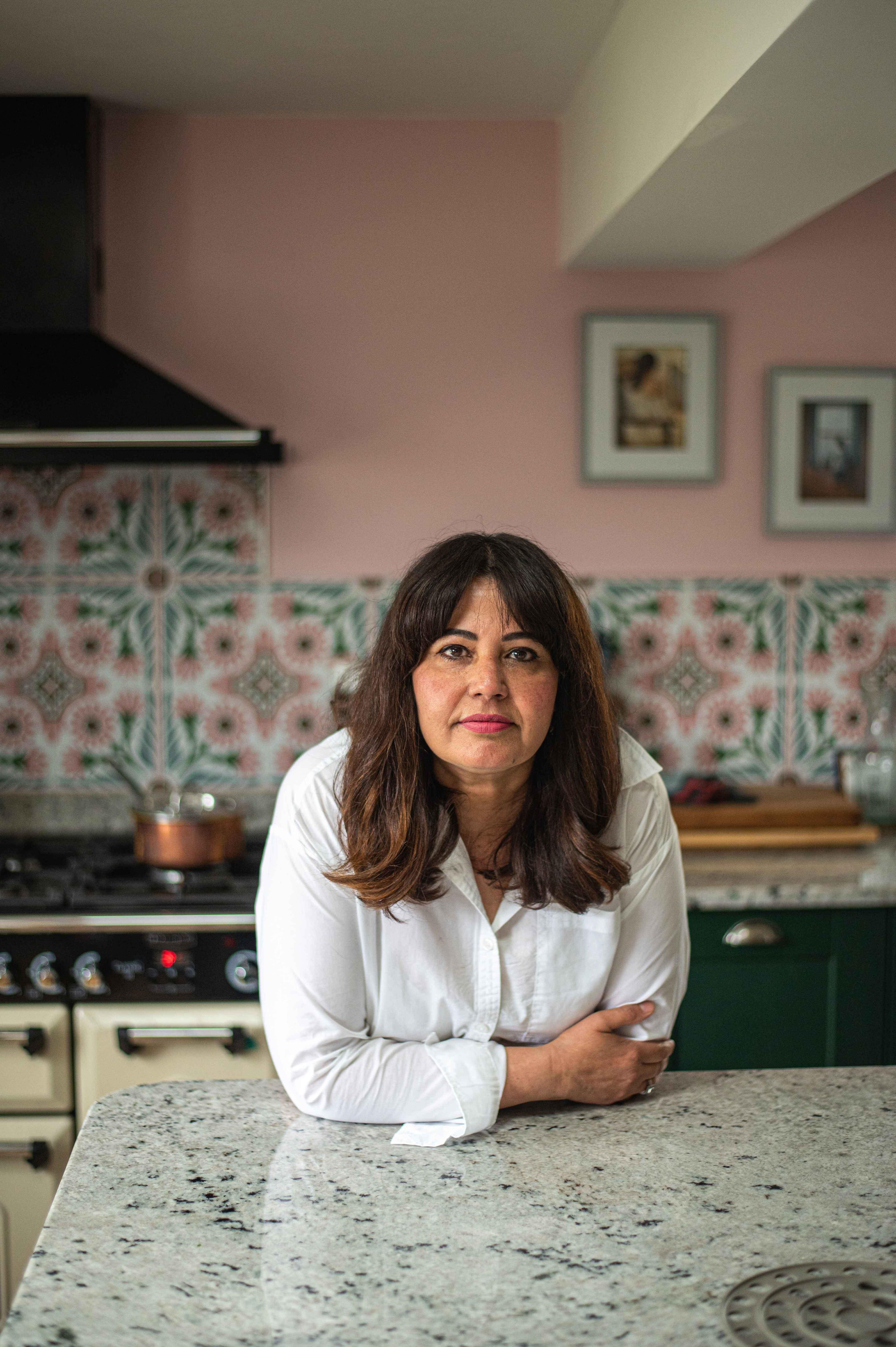I think with the first book, Zaika, the reason I did plant-based food was because that was the way I grew up in India. That’s the food we ate. I’m Punjabi, so that’s what we used to eat at home. Meat wasn’t something we ate every day, it was once a month or for celebrations. It wasn’t a necessity. Indian food is very regional. Indian food cooked in households is very different from one another. Also, the spices might seem the same, but the way, the method, and the techniques change and you have to understand that every state will have their own spice blends. It's not just the garam masala.
I wanted to share that in India, plant-based just happens. We don’t make a big deal about it. Nowadays, if you look at vegan or plant-based food, so much is processed. People don't understand that when you pick up a vegetable, you can cook it really, really well in different ways. I think now, not just because of Indian food, there is also other food from China, food from Japan, and anywhere in the world. Chefs are understanding – and the hospitality industry, in general, is understanding – that the food you can cook with vegetables is as delicious. I think the whole point of writing Zaika was about that. I wanted people to change their mindset about vegetables.
And then came On The Himalayan Trail. On The Himalayan Trail, I was very, very lucky that Suitcase Magazine sent me in 2016 to go to Ladakh. That, for me, was when I became a food and travel writer. Up until then, I used to write recipes and things like that, but I had never written about food and travel together.
I wanted to share how food in Kashmir is different and how the food in Ladakh is different. I think On The Himalayan Trail taught me: we make pasta there, we make dumplings which are called momos in some parts. I think, for me, it was a journey that I, as a chef and travel writer, wanted to learn. I wanted to learn that part of the cuisine, where it comes from, why it’s broth-based and what are we eating. You know, I can learn from the people. I wanted to tell their stories because what we hear about Kashmir is always “there's war going on”, “there's terrorism going on,” there's something going on.
Writing this book, a lot of people emailed me and said that in the eighties they used to go to India, to Kashmir, and would say “Aw, you brought those memories back to us.” It’s the story of the people, it's their stories, it's their recipes. They've given it to me to share with the world that we have a cuisine, which is not just about butter chicken. We have a cuisine that is also so rich in culture and just generally wonderful. So, for me, the inspiration has always come from wanting to write about the history of India. Writing about the food and people's stories, people's recipes.
